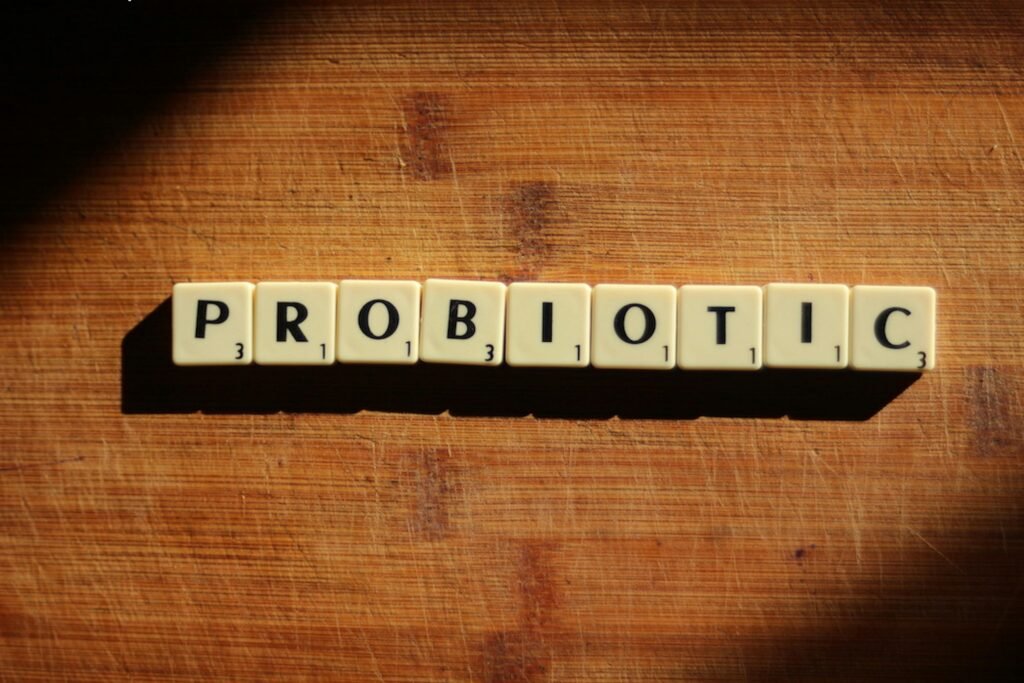
In recent years, probiotics have gained significant attention for their potential to enhance overall health, particularly gut health. But what exactly are probiotics? These live microorganisms, often referred to as “good bacteria,” play a crucial role in maintaining a balanced gut microbiome. This guide will delve into everything you need to know about probiotics, including their benefits, how to incorporate them into your routine, and what to expect when you start taking them.
Probiotics are defined as live bacteria and yeasts that are beneficial for your health, especially your digestive system. They are often found in fermented foods and dietary supplements. Unlike harmful bacteria that can cause diseases, probiotics help keep your gut healthy by supporting digestion and preventing harmful bacteria from flourishing.
There are various strains of probiotics, each with unique properties and benefits. Some of the most common types include:
Saccharomyces boulardii: A yeast probiotic that can help treat and prevent diarrhea.
Probiotics function by maintaining the natural balance of bacteria in the gut. They can help:
By promoting a healthy gut environment, probiotics can contribute to overall wellness.
The health benefits of probiotics are extensive and well-documented in scientific research. Here are some of the key advantages:
Timing can affect the efficacy of probiotics. Many experts recommend taking probiotics in the morning on an empty stomach, as this may enhance their survival through the digestive tract. However, some individuals may prefer taking them with meals.
Probiotics are available in various forms, including:
The recommended dosage varies based on individual health needs, but a common guideline is to aim for 1-10 billion CFUs (colony-forming units) per day.
Incorporating probiotic-rich foods into your diet can be an enjoyable way to boost gut health. Foods such as:
For those who may not get enough probiotics from food, supplements can be an effective alternative. When choosing a probiotic supplement, consider:
Selecting the right probiotic can be daunting given the vast array of options available. Here are some tips:
While probiotics are generally safe for most individuals, they can cause mild side effects, especially when first introduced. Common side effects may include:
These symptoms typically resolve as your body adjusts. However, if you experience severe discomfort or unusual symptoms, it’s advisable to consult a healthcare provider.
In some cases, probiotics may initially cause diarrhea, particularly if you are starting a new regimen. This is usually temporary and should subside within a few days. If diarrhea persists, discontinue use and consult a healthcare professional..
The timeframe for noticing the effects of probiotics can vary from person to person. Many individuals report improvements in digestion within a few days to weeks of regular use. Key indicators that probiotics are working include:
Monitoring your body’s response is crucial. Keep track of any changes in digestion, energy levels, and overall health. If you notice positive changes, it’s likely that the probiotics are having a beneficial effect.
Probiotics can be beneficial for most people, but individual responses may vary. They are generally regarded as safe, but certain individuals, particularly those with compromised immune systems, should consult a doctor before use.
Probiotics can usually be taken alongside medications, but it’s essential to consult with a healthcare provider, especially when taking antibiotics, as they can disrupt the balance of gut bacteria.
Integrating probiotics into your daily routine can significantly enhance your health. Whether through diet or supplements, these beneficial microorganisms can promote a balanced gut microbiome, improve digestion, and support overall well-being. As always, it’s wise to consult with a healthcare professional to tailor probiotic use to your individual health needs.
By understanding the importance of probiotics and their benefits, you can make informed choices that contribute to your health and wellness journey.